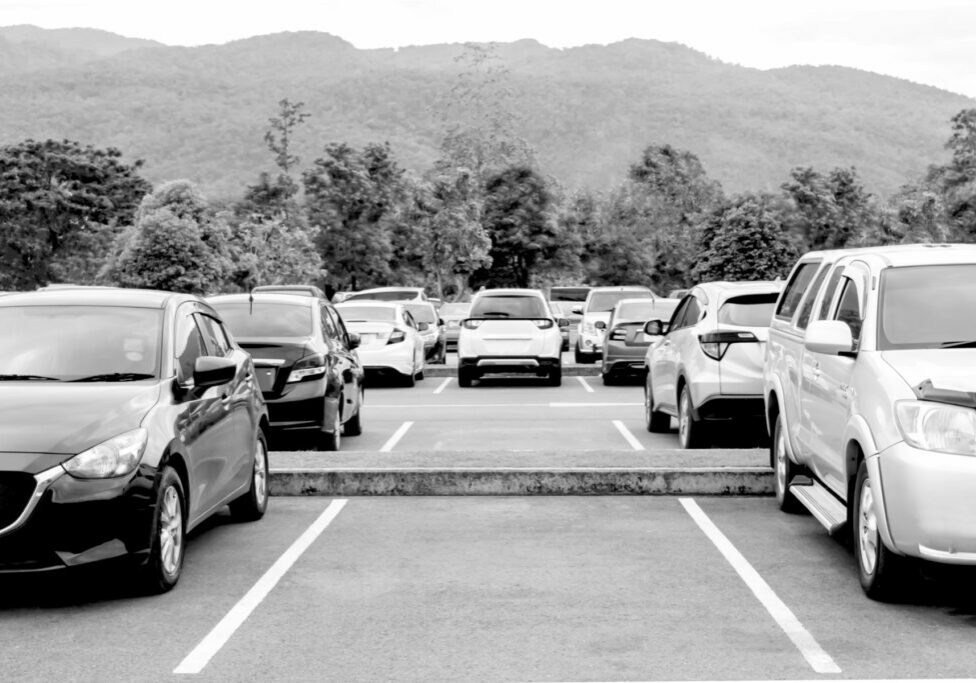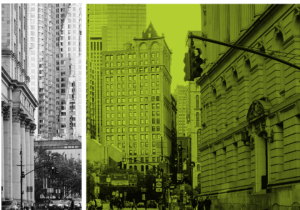There has been recent confusion surrounding compensation cases which involve employees injuring themselves in parking lots, the main issue being whether an employee’s work period includes the travel time between the parking lot and the place of employment. According to the New Jersey “premises rule” employment on this travel ends “when the employee leaves the employer’s place of employment excluding areas not under the control of the employer.” N.J.S.A 34:15-36. Case law has, therefore, turned on whether an employer “owns or controls” the parking area so as to make the injury compensable.
It is no surprise that the uncertainty around the law came within the purview of the New Jersey legislation. In December 2020, New Jersey legislation has proposed a new bill (S.B. 771) amending the premises rule to extend compensation coverage to parking areas provided or designated by the employer. Under the proposed legislation, if an employer “provides or designates” a parking space for an employee, then employment terminates “when the employee leaves the parking area at the end of the work period.” This could result in a massive expansion in potential liability now that the entire trip to the parking space is covered and perhaps even the employees immediate exiting the parking space as well. Further, the bill provides that if the employer “provides or designates” a parking area that is separate from the place of employment, employees will now be covered while they travel to and from the parking area and the employer’s place of employment.
Prior to proposed Bill S711, the Court held that in cases in which an employer “directs” or “compels” an employee to park in a particular location, such conduct will fall under the ambit of the premises rule. Livingstone V. Abraham & Straus, Inc., 111 N.J. 89 (1988). In cases where the employer has been held to not own the parking lot or the street where the employee was injured, the court looked instead to factors such whether the employer created an additional hazard for employees or whether the employers accrued a business benefit. Hersh v. County of Morris, 217 N.J. 236 (2014). In the most recent case on the topic, Manuel v. RWJ Barnabas Health, the Court held that an employee’s walk to a hospital parking lot was not compensable. No. A-0270-18T1 (App. Div. Oct. 16, 2019). In Manuel, the Court reasoned that the claim was not compensable because the respondent did not own the public street or the parking lot, the respondent did not direct the employee where to park, and the claimant could have opted to use the provided shuttle bus. Supra.
If this new bill is passed, it is possible that the outcome in Manuel, would be changed. Since the respondent rented the parking spots for use of their employees, the claimant’s walk would have been compensable, as they would be deemed to have “provided” parking spaces.
In addition, with the rise in communal workspaces it is likely that parking lots will be shared between many different employers possibly making these claims even more complicated. However, employers can reduce the effects of the new bill by installing parking lot surveillance or providing transportation to and from work and the parking lot.
As a result of this new bill passing, each injury sustained in a parking lot will be assessed differently. We will be monitoring the proposed legislation on Legiscan to track the passing of the bill. As always, Jones Jones stands at the ready to ensure your claims are adequately represented in light of this possible law change. “Legal Defense Refreshed” is not just an empty slogan; we work hard every day to stay on the cutting edge of workers’ compensation defense.
To schedule a review of your claims that could be impacted by this new bill, contact us at clientservices@jonesjonesllc.com.












